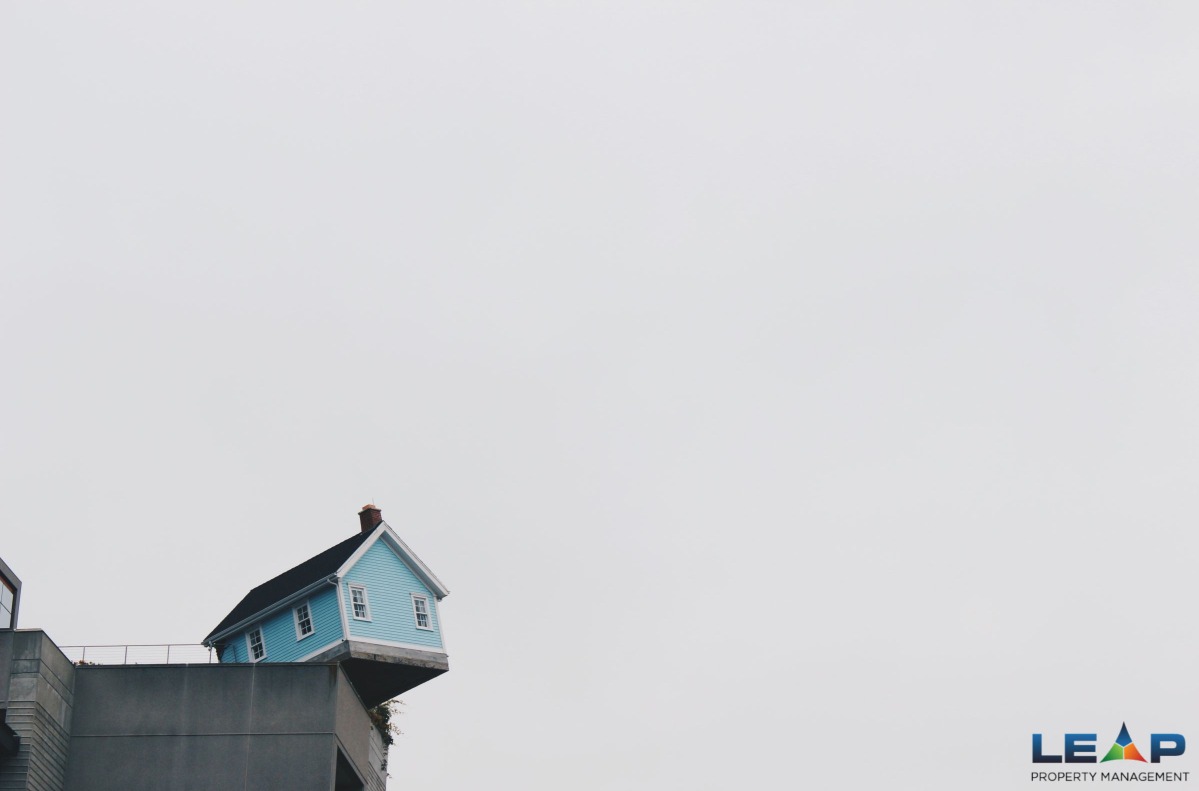
In terms of investments, rental properties are definitely on the low-risk end of the spectrum.
But low-risk isn't the same as no-risk. There are definite risks associated with buying and owning rental property.
You could choose the wrong property.
You could underestimate the costs and expenses of a particular property and end up putting yourself in the red.
You could mismanage tenants and end up not getting rent on time, getting sued, or making a contract error that costs you both time and money.
Basically, if you don’t know what you’re doing, there are plenty of risks associated with owning rental properties, and those risks can mean taking a substantial financial hit — or, worst-case scenario, taking a hit all the way to bankruptcy.
But the good news is, you can easily avoid the risks of owning rental property — as long as you’re aware of them.
Let’s take a look at the three biggest risks of owning rental property — and, more importantly, how to avoid them:
Risk #1: Selecting the Wrong Property
Selecting the wrong property can turn a promising investment into a complete money drain — so selecting the right property is crucial to protect your investment.
And if you want to select the right property, you need to know the market.
Having a clear understanding of the market you’re buying in will help you assess each property and make sure it’s a solid investment. For example, what are the going rental rates in the area? Is the property in a safe neighborhood? How are the schools? Is the property convenient in terms of shopping, restaurants, parks, or major employers?
If you want your rental property to be a successful investment, you need to buy a property that will attract your ideal tenant — and the only way to do that is to know the market. If you’re buying in an area you’re unfamiliar with, talk to your real estate agent or property manager before purchasing a property to make sure it checks off all the necessary boxes.
Risk #2: Getting Your Numbers Wrong
Another major risk of owning rental property is getting your numbers wrong.
If you want your investment to pay off, your rental income needs to be higher than your expenses. But if you’re not clear on how much you can charge for rent, you run the risk of buying a property that costs more than it makes — and you’ll take a major financial hit in the process.
Related Post: When Should You Raise the Rent on Your Rental Property?
That’s why it’s so important to get a clear understanding of a property’s rental potential. Pull comparables in the neighborhood, see what similar properties are renting for, and come up with a realistic rental forecast. Then, based on that number, you can determine how much you should pay for the property in order for it to be a solid investment. For example, let’s say you’re thinking about buying a property with a $2K per month mortgage payment. If properties in the area are only renting for $1K per month, that’s not a sound investment. On the flip side, if you pull comps and realize rentals in the area are going for $3K per month, that property would be a great choice.
One more tip: If possible, you always want to get an idea of a property’s rental potential before you go see it. That way, you don’t fall in love with a property and try to justify why you’ll be able to rent it for a higher price than the CMA is showing you — and get yourself into a sticky financial situation as a result.
Risk #3: Mismanaging Your Tenants
You can buy the perfect property, but if you don’t know how to properly manage the people who rent it, it doesn’t matter — you’re putting yourself and your investment at risk.
Mismanaging tenants can be a HUGE problem for property owners and can lead to a laundry list of problems, including lawsuits, property damage, evictions, and lost rent.
The first step to properly managing your tenants? Getting the right tenants into your property. Effective screening can go a long way in avoiding potential tenant problems — and can save you an immeasurable amount of time, money, and hassle. Make sure you’re screening tenants to find the most responsible ones possible; the better the tenant, the easier they’ll be to manage — and the less you’ll have to worry about things like vacancy, high turnover, or late payments.
Effective screening can go a long way in avoiding potential tenant problems — and can save you an immeasurable amount of time, money, and hassle.
Once you have tenants in your property, you want to make sure you’re managing them and the property in accordance with all state and federal laws. Do your research and make sure you understand the proper procedures for managing your tenants and property. And remember, treat your tenants fairly and with respect; the better you treat your tenants, the better they’ll treat you — and the easier managing them will be.
The Benefits of Avoiding Rental Property Risks
Knowing the risks of owning rental properties — and, more importantly, how to avoid them — is the key to ensuring your investment is a profitable one. When you do this right, even if it’s just with one property, you’ll have a profitable rental property that provides positive cash flow, major tax benefits, and potential property appreciation — not to mention you’ll have someone else paying your mortgage.
So when it comes to owning rental property, make sure you understand the risks and how to avoid them so you can use your properties as a way to build your wealth and take your real estate investment business to the next level.


